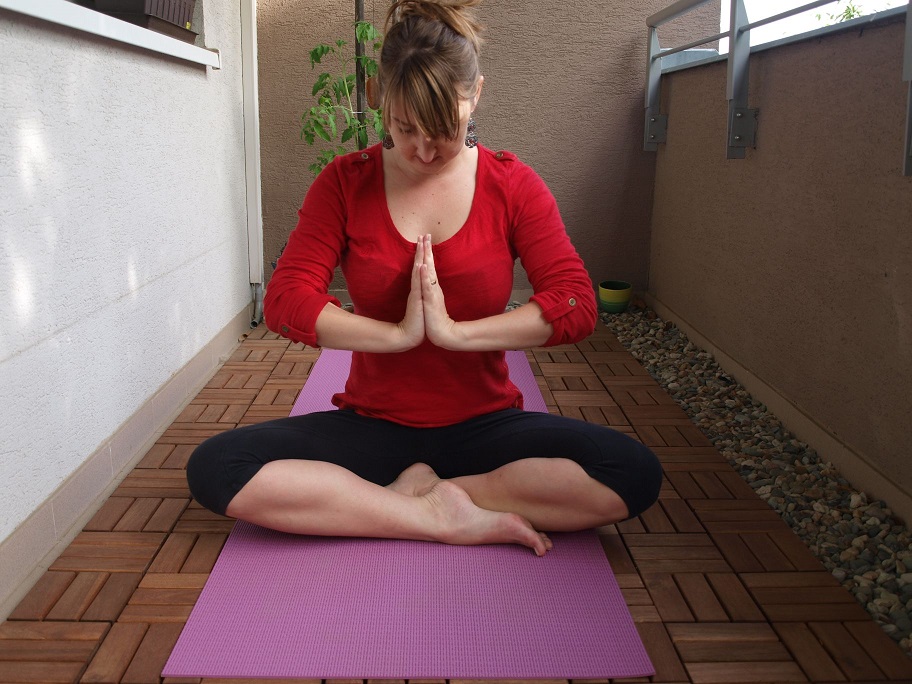When you meditate you think about only one thing of thought incessantly. It reveals the actual nature of that entity on which you are meditating. This revelation does come forward as a feeling in place of a thought. And so, when people meditate, then they shift to feeling from thinking and it is known as the journey that begins from people’s complexities of mind to their hearts’ simplicity.
Advantages unbound
No matter you prefer online meditation or offline, you will get a feeling of peace, balance, and calmness and they do benefit people’s general health and emotional well-being. Meditating can help people carry through the day more calmly and might also help in managing the symptoms of some medical issues. When people practice meditation then they become successful in clearing away the overloaded info that builds up regularly.
Some emotional benefits of meditation
- Gaining novice viewpoint on traumatic situations
- Augmenting creativity and imagination
- Mounting tolerance and patience
- Lessening negative emotions
- Increasing self-awareness
- Developing skills for managing stress levels
- Concentrating on the present
Helps in illness
When you meditate then you can ward off some medical conditions, particularly when they become worse by stress. Scientific research supports the health benefits of meditating. According to some research, people who meditate can manage symptoms of some conditions like:
- Cancer
- Asthma
- High blood pressure
- Anxiety
- Depression
- Chronic pain
- Sleeping problems
- Irritable bowel syndrome
- Heart disease
- Tension headaches
It is important to discuss with your healthcare provider regarding the benefits and drawbacks of meditating, particularly when you suffer from any one or several conditions mentioned above. In a few instances, meditating can worsen some symptoms that are commonly liked with some physical and mental health conditions. People should also keep in mind that meditating can’t substitute traditional medical treatment though it might turn into a vital component to their other treatment procedures.
Elements of meditating
Some common components required for meditating are:
- Focused attention – When you meditate you need to focus your attention. It will help your mind escape from many distractions that result in worry and stress. You can shift your focus on an image, a particular object, a mantra, and breathing too.
- A quiet and calm setting – No matter you have been meditating for a long time or started it late, you need to find a place that has no distractions. The place should have no cellphones, radios, or television.
- Comfortable position – People can meditate no matter they are lying down, sitting, doing some activities, or walking. The main thing is you should be comfortable. However, you must always intend to keep good posture when you are meditating.
- Comfortable breathing – The technique of meditation involves even-paced and deep breathing. You use the diaphragm muscle for expanding your lungs and its purpose is slowing your breathing and lessening the utilization of neck, upper chest muscles, and shoulder while breathing. This will make the process of breathing easier and more efficient.
Intensive Therapy Retreats — Intensive Therapy Retreat are a form of treatment that is becoming increasingly popular. They are designed to help people who suffer from mental health problems such as depression, anxiety, and addiction.







